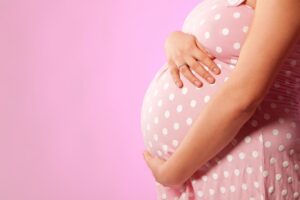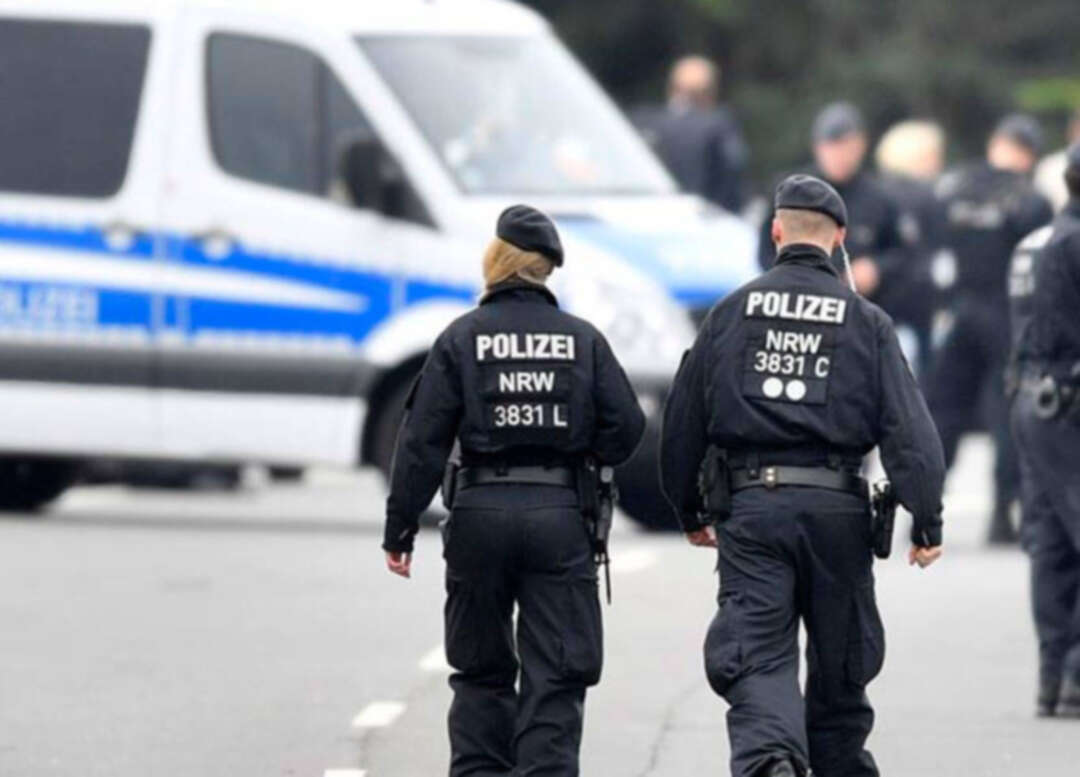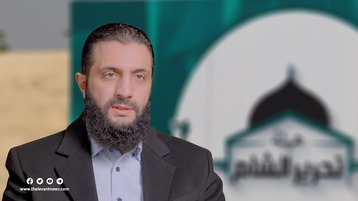-
‘Lockdown babies’ replaced by ‘anti baby-boom‘ amid vaccination rollout: UAE doctors

A mass rollout of vaccinations against COVID-19 will see couples delay plans to have babies as priorities change to beating the virus, UAE doctors have told Al Arabiya English.
In the UAE, the government plans to vaccinate more than 50 percent of the population against COVID-19, using the Sinopharm COVID-19 or Pfizer-BioNTech’s vaccines.
Women receiving the vaccination – which is voluntary – are advised not to get pregnant for the first three months after the second dose.
Dr Meera Anto, a specialist in obstetrics and gynecology at the International Modern Hospital in Dubai said: “With our lives revolving round the effects of the virus and with the vaccinations starting to take place, prospective parents are deferring baby plans to prioritize beating the virus.”
Dr Anto said while there has been “a spate of lockdown babies”, now that an end to the pandemic may be in sight, the trend seems to be “postponing than planning a family.”
According to the latest guidelines published by the Dubai Health Authority on its website, “women planning to get pregnant in the near future (three months from the date of taking the vaccine)” are in the “vaccine excluded groups.”
Doctors have said this will lead to an ‘anti baby-boom’ with vaccinations taking precedent over family planning.

Dr Ajit Shyam Kanbur, a specialist in obstetrics and gynecology, and department head at NMC Royal Hospital, in Dubai, said: “Post-vaccination, the couples are advised not to conceive up to three months of the second dose, since the side effects on the embryo are not yet known.”
“Those who accidentally do become pregnant, are advised to continue the pregnancy and do detailed tests to rule out abnormalities in the fetus.”
Dr Kanbar revealed that pregnant women affected by the virus in their first trimester don’t have any higher incidence of congenital abnormalities, as compared to the normal population. More studies are required, he added.
“Women who have been affected by the virus in the second trimester have, by and far, delivered normal babies. As of now, it would be advisable that both the partners take the vaccination and plan for a pregnancy, at least three months after the second dose,” Dr Kanbar advised.
The Ministry of Health has excluded pregnant and lactating women, and those planning for pregnancy (in three months) from the vaccination drive, said Dr Mona Mohammad Emam Saad, an obstetrics specialist at the Burjeel Speciality Hospital – Sharjah.
The decision taken because there is no data about how the vaccine behaves in pregnant women, Dr Saad added.
“Even during the clinical trial process, pregnant women were being excluded,” she said. "The exclusion of pregnant and lactating women from the vaccination drive has been taken to avoid any risk as a precautionary step.”
Dr Saad that from a doctor’s perspective, vaccination is better for couples as the threat of transmission remains.
“Vaccination will help in developing immunity against COVID-19 and keep all stay safe and protected,” she said. “It would also help women to have safer pregnancy and breast-feeding period later without been infected by COVID-19.”
source: Jennifer Bell
Levant
You May Also Like
Popular Posts
Caricature
Syrians' concerns now
- December 10, 2024
Syrians' concerns now #Syria
#Bashar_al-Assad
#Liberation_of_Syria
#Syrians
#Future_of_Syria
#Levant_News

opinion
Report
ads
Newsletter
Subscribe to our mailing list to get the new updates!





















